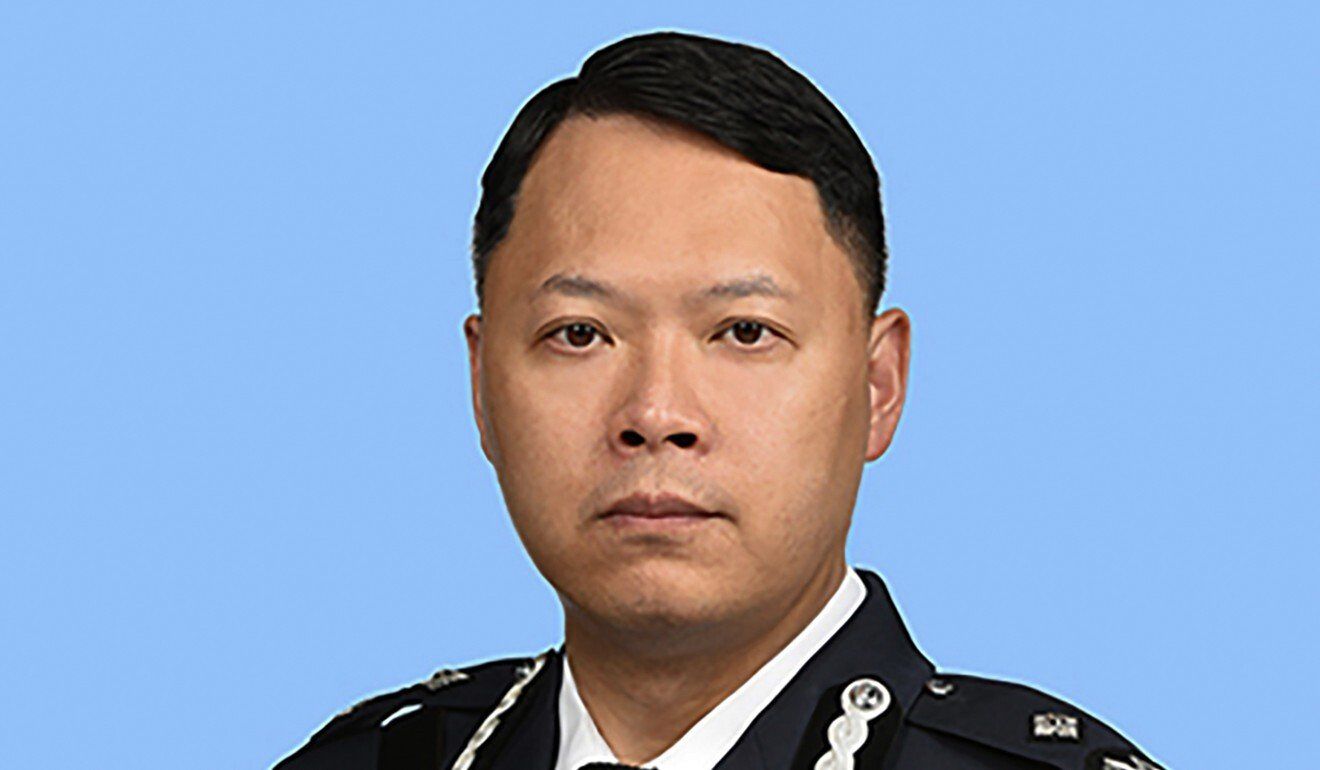Hong Kong News

Call for more openness in police inquiry into top national security officer
Hong Kong police must be more transparent in investigating their No 2 national security officer after he was caught at an unlicensed massage parlour during a raid, legal experts have said, stressing the public deserved to know whether the force suspected any crime had been committed.
While patronage of the establishments was legal, Senior Assistant Commissioner Frederic Choi Chin-pang would have committed an offence if he visited the premises knowing it was unlicensed, they said on Thursday.
Police chief Chris Tang Ping-keung confirmed a Post report when he revealed on Wednesday that anti-triad officers were carrying out the investigation into the director of national security, who had been placed on leave for nearly a month over alleged misconduct.
 Senior Assistant Commissioner of Police Frederic Choi has been the force’s director of national security since July.
Senior Assistant Commissioner of Police Frederic Choi has been the force’s director of national security since July.
Tang offered few details other than to say the results of the inquiry and a disciplinary hearing would be passed to the Civil Service Bureau for follow-up action.
But given Choi’s senior position, the force must be more forthcoming with the specifics of the case, argued Eric Cheung Tat-ming, a law faculty lecturer at the University of Hong Kong.
“If Choi had known it was an unlicensed place and still repeatedly paid visits or the case is linked to some erotic massage parlours or triad activities, then it’s possible he committed a criminal offence,” said the academic and former member of the Independent Police Complaints Council. “That’s why we need more information.”
The force could disclose the time and location of the raid for instance, Cheung said, adding: “We do not know whether it involved only Choi or other police officers, and whether there might be any allegation or involvement of corruption.”
While the senior officer was suspected of breaching the force’s internal code of conduct, he could also face the criminal charge of misuse of power or position by a public official, noted barrister Albert Luk Wai-hung.
“Choi is a very senior officer as well as a civil servant,” Luk said. “He could be charged with misconduct in public office, a criminal offence, if it is proven that he knew that parlour had been operating without a licence but he still paid visits.”
Establishments need a permit to offer massages anywhere other than to a customer’s head, neck, shoulder, arms or feet. A licence is also required to provide full-body massage to a patron by a person of the opposite sex.
Operators of unlicensed massage parlours face up to six months’ imprisonment and a fine of HK$50,000 (US$6,400), although buying services at such premises is legal.
According to a police source, Choi had suffered back pain for an extended period of time.
“Having said that, it cannot serve as an excuse for his presence in the unlicensed massage parlour. An investigation into his misconduct is under way,” the insider said, adding the head of the organised crime and triad bureau, Ryan Wong Wai, would report directly to Tang on the inquiry’s progress.
But lawyer and pro-establishment lawmaker Paul Tse Wai-chun defended Choi and compared the incident to “running a red light”. Visiting an unregulated massage parlour, even one providing sexual services, was not illegal, he noted.
“It’s no worse than going to an unlicensed restaurant and not even as serious as jaywalking,” he told a radio programme. “And what happened has nothing to do with the work of national security.”
Pro-establishment lawmaker Gary Chan Hak-kan said he believed police were being as transparent as possible.
“No one is above the law,” Chan said. “And with so many eyes and the media focusing on the incident, any favouritism would not be possible.”
In 2013, former superintendent Wong Koon-ho was found guilty of misconduct in public office after he received discounts and alcohol from a Wan Chai restaurant without a liquor license. He was the commander of the district in 2011 when the offences took place. The High Court later reduced his sentence by half.
The force ordered him into early retirement in 2015, which allowed him to receive his pension when he turned 55 the following year.











